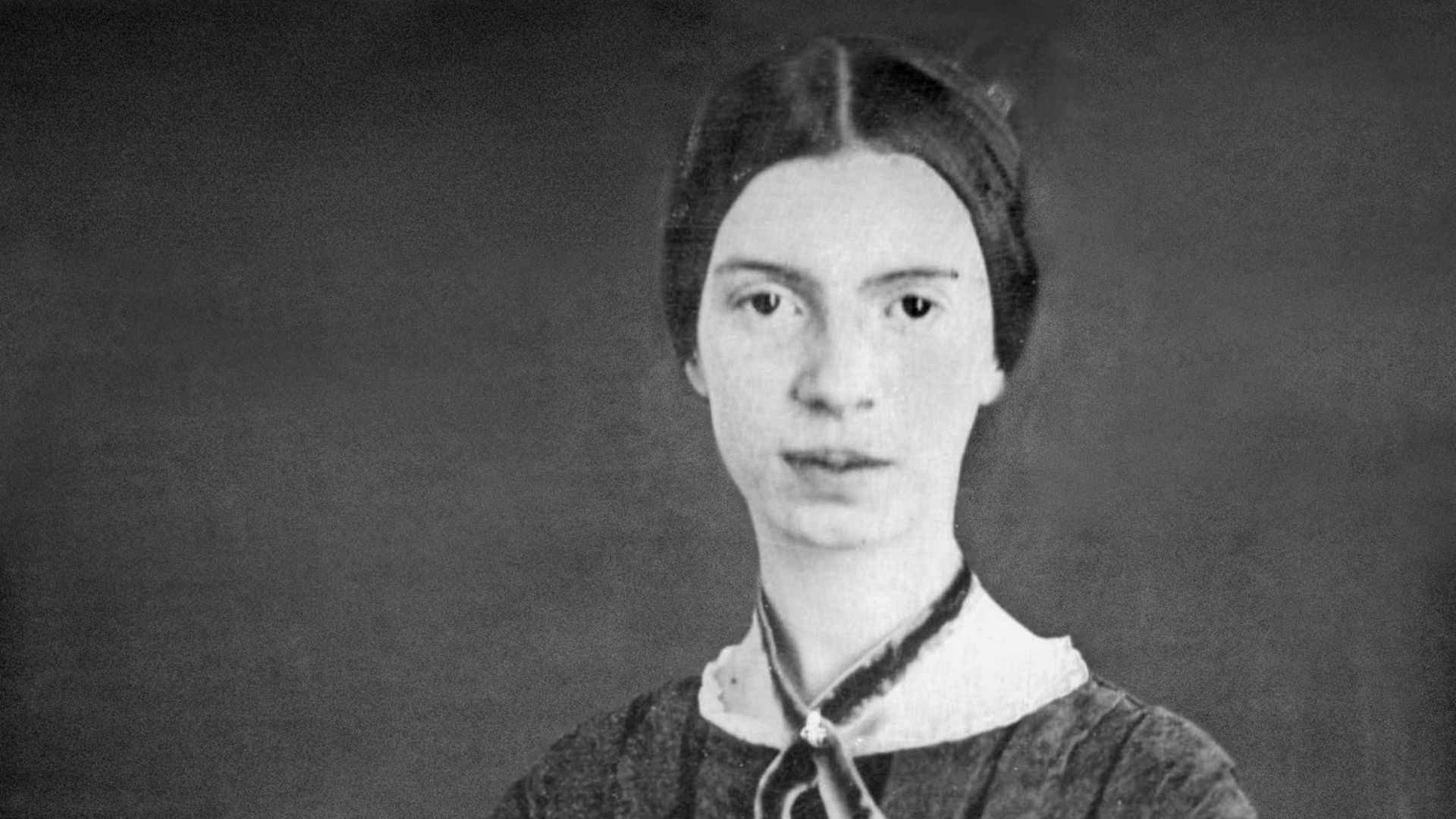"Unto Me?" I Do Not Know You Poem by Emily Dickinson
"Unto Me?" I Do Not Know You
964
"Unto Me?" I do not know you—
Where may be your House?
"I am Jesus—Late of Judea—
Now—of Paradise"—
Wagons—have you—to convey me?
This is far from Thence—
"Arms of Mine—sufficient Phaeton—
Trust Omnipotence"—
I am spotted—"I am Pardon"—
I am small—"The Least
Is esteemed in Heaven the Chiefest—
Occupy my House"—
keep your opinions to yourself this is one of the most butiful poems ever calm down try to do this by yourself and see what others think
Adam this is a very beautiful and meaningful poem... Emily does not use quotation marks very often and when she uses them they mean that these are not her words, but are in fact another’s words, which in this case are Jesus’ words. Poem #964 is a conversation between Emily (plain text) and Jesus (quoted text) . Jesus says, come unto Me, and Emily playfully wants to know where He lives and how He will arrange for her to travel such a large distance (across space, time, and dimension) . Emily says she is unworthy and spotted (physically by freckles and spiritually by flaws and failures) . But Jesus, true to form tells Emily that all that is needed is divine love (Arms of Mine, sufficient Phaeton) and forgiveness (Pardon) , which traverse all space and all time in the realities of Kingdom of heaven within. Emily has a reason for every word, every punctuation mark, every capital letter, and every hyphen.
have u no respect for her poetry there is more in it then is written you have to just read extra carefully
I did not take this to be directed to one specific person like Mary Magdalene but to each person who desires to know him. Beautiful
And which in particular unto thee is she referring to when Jesus catches her attention. In truth, this isn't Emily's in the conversation, but more a third person sinner, and we assume it to be female because the author is. So, my vote is the persona of Mary Magdalene. Could it be after the resurrection? On the road? And yet, Mary, the greatest of all the believers, still does not recognize Jesus, and still needs forgiveness.
This poem has not been translated into any other language yet.
I would like to translate this poem
This was enjoyable- so many spiritual poetry gets so heavy and packed full of every point of doctrine in a church that they are hurting their own objective. Dickinson knows how to get her point across with a simple light toiuch